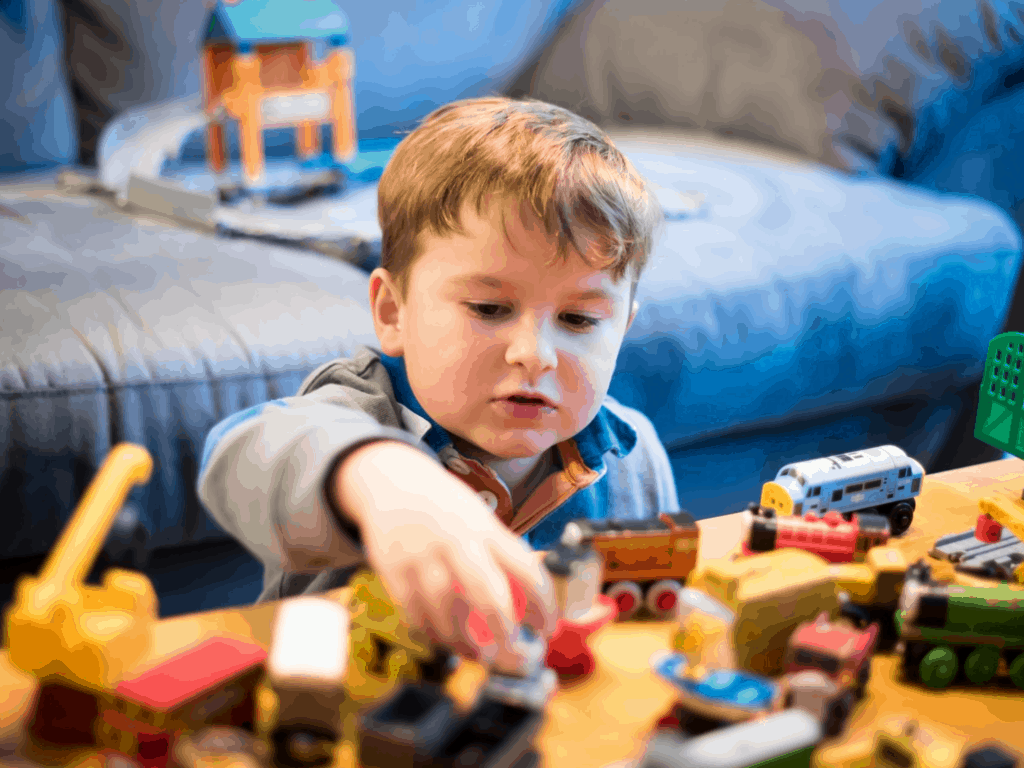The AMC mega-hit ‘Breaking Bad’ took to televisions across the world in 2008 and obtained a strong following almost immediately. Since the end of the series in September of 2013, the popular show has now moved to Netflix, where people who were not watching during the height of the show can now catch up at their own pace. However, what many people might not have expected was that the adult, made-for-primetime-show would spur on production of toys and figurines for children to play with.
Toys R Us recently stocked their shelves with figurines of popular ‘Breaking Bad’ characters Walter White and Jesse Pinkman – both of which came equipped with a toy bag of cash and a toy bag of meth.
News of the toys hitting shelves went nationwide when Susan Schrivjer, a Florida mom, created a Change.org petition to begin protest against Toys R Us for carrying these questionable items. The petition got over 2,000 signatures from other individuals who were appalled by the selling and distribution of these toys in a store geared specifically towards children.
Toys R Us quickly responded by releasing a statement that said that the ‘Breaking Bad’ packaging “clearly notes that the items are intended for ages 15 and up. They also went on to defend themselves by saying that these toys are only sold “in the adult action figure area of our stores.”
However, as the news has continued to circulate about these toys throughout the week, Toys R Us came to the decision to take the ‘Breaking Bad’ toys off their shelves and end sales of them.
Despite the back and forth between Toys R Us and the public, one thing is for sure – we are still very much in the throes of fighting against a growing drug abuse epidemic throughout the country. According to the National Institute on Drug Abuse, 1% of 8th graders and 1% of 10th graders throughout the country abused meth in 2013.
While meth might not seem like the leading drug that adolescents and teenagers turn to first when looking to experiment, it does not mean that its not something they will ignore if presented the opportunity – especially if pop culture is glamorizing the production and use of it.
For those parents who share in similar outrage as Schrivjer, it is important to know how to safeguard children and teens from the dangers of meth. Some of the many ways that this can be done is through talking openly and honestly about what meth is, why it is dangerous, and what it can do to you physically and psychologically. In addition, it is critical to teach young individuals a number of ways to say “no” to drug use so they are prepared to walk away from any compromising situation they might find themselves in.
Related Articles:
https://www.drugabuse.gov/drugs-abuse/methamphetamine
Author
-

President, CEO & Founder at Northbound Treatment Network
Paul Alexander is the CEO, President & Founder of Northbound Treatment Network in Newport Beach, California. He believes wholeheartedly in transformational leadership, organizational health and effective, fully integrated substance use disorder and mental health treatment. With over 27 years of experience in behavioral healthcare, Paul has extensive knowledge of “in vivo” treatment modalities, clinical development, operations, strategy, marketing and financial planning. He has been widely recognized for his development of collegiate-based residential treatment programs for students in recovery and authored a research study at The University of California confirming this modality’s effectiveness.
Paul’s comprehensive professional experience, willingness to innovate, and emphasis on organizational health are vital factors in Northbound’s continued success. Paul received his Certified Addiction Treatment Specialist training at Saddleback College in Mission Viejo, CA, and was awarded Outstanding Alumni Service Award in 2002. Paul holds a Bachelor of Arts degree in Criminology, Law and Society, Summa Cum Laude, from University of California, Irvine, and a Juris Doctorate degree from Loyola Law School of Los Angeles. Paul currently serves on The National Association of Addiction Treatment Providers (NAATP) board. In addition, he serves on The Family Recovery Foundation board and The CarePossible board in Orange County; both organizations are committed to raising funds for family recovery and treatment for former military personnel. Paul is in recovery himself and lives in Orange County with his wife Silvana and his two young sons, Noah and Dean.







